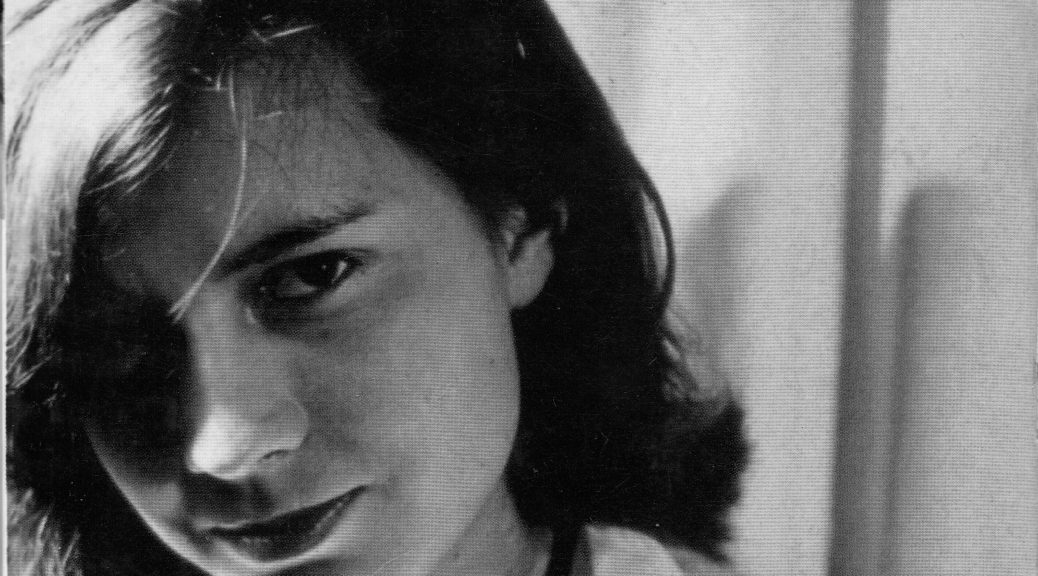PATRICIA HIGHSMITH, American author died (b. 1921); A truly strange person, by most accounts, Highsmith was an American novelist known for her psychological thrillers which have led to more than two dozen film adaptations. Strangers on a Train has been adapted to the screen three times, notably by Hitchcock in 1951. In addition to her acclaimed series about murderer Tom Ripley, she wrote many short stories, often macabre, satirical or tinged with black humor. She famously preferred the company of animals to that of people, and once said, “My imagination functions much better when I don’t have to speak to people.”
Highsmith never married but had a number of affairs with both men and women. In 1949 she became close to the novelist Marc Brandel. Between 1959 and 1961, she had a relationship with Marijane Meaker, who wrote under the pseudonyms of Vin Packer and Ann Aldrich, but later wrote young adult fiction with the name M.E. Kerr. Meaker wrote of their affair in her memoir Highsmith: A Romance of the 1950s.
There had been so many lovers, usually women, but men, too, including Arthur Koestler, who had the good sense to give up. Highsmith was attractive to men and to women, until her diet of alcohol and cigarettes (she hated food) raddled her beauty.
Her recurring character “Tom Ripley” — an amoral, sexually ambiguous con artist and erstwhile murderer — was featured in a total of five novels, known to fans as “the Ripliad,” written between 1955 and 1991 and is considered by many scholars to be a fictional version of herself. He was first introduced in The Talented Mr. Ripley (Coward-McCann, 1955). After a January 9, 1956 TV adaptation on Studio One, it was filmed by René Clément as Plein Soleil (1960, aka Purple Noon and Blazing Sun) with Alain Delon, whom Highsmith praised as the ideal Ripley. The novel was adapted under its original title as a 1999 film by Anthony Minghella, starring Matt Damon, Gwyneth Paltrow, Jude Law and Cate Blanchett. A later Ripley novel, Ripley’s Game, was filmed by Wim Wenders as The American Friend (1977). Under its original title, it was filmed again in 2002, directed by Liliana Cavani with John Malkovich in the title role.
It was women she wanted, and, like Ripley, she found them in bars, on boats, at parties and, best of all, in settled relationships with other people. Highsmith loved a triangle, and she liked nothing more than to destroy it, axing the part of the couple she didn’t want, but usually sleeping with her first.
Hers was a life jammed with encounters, and it is not by chance that her novels obsessively use the unexpected life-changing/life-threatening encounter as the drive into the narrative — as in “Strangers on a Train” or any of the Ripley series.
Highsmith’s one explicitly homosexual novel, The Price of Salt, uses the spring of a particular encounter that she had never forgotten. As a young woman in New York City, Highsmith worked in the toy department of Bloomingdale’s, earning Christmas cash, when a wealthy Venus in furs — older, handsome — came in to order a doll. Simultaneously falling in love and falling ill with a fever, Highsmith went home in a daze and plotted the whole scenario for her novel — and even dared to give it something like a happy ending; Or at least as happy an ending as Highsmith ever dared. What she didn’t dare to do was publish it under her own name.
She enjoyed the closeted hidden underground world of the gay scene in ’40s and ’50s New York and ’60s and ’70s Paris. She traveled in search of fresh encounters, and to rid herself of too much that could be known by others.
Highsmith left 8,000 pages of diaries and “cahiers,” but in her recent, enthralling biography, The Talented Miss Highsmith, Joan Schenkar notes “she forged, fabricated and altered where necessary, just like her antihero Ripley. She lied all the time — to her lovers, to her friends, to the tax authorities, to publishers, agents, journalists, and to posterity. Lying about the facts was her way of telling the truth — as she understood it.
